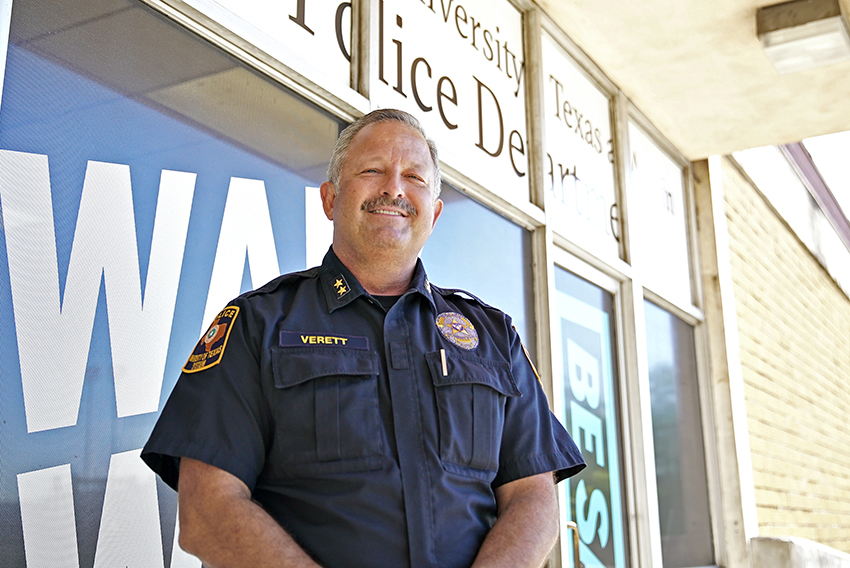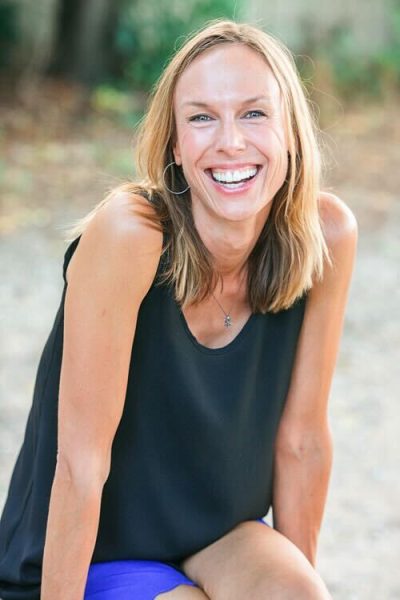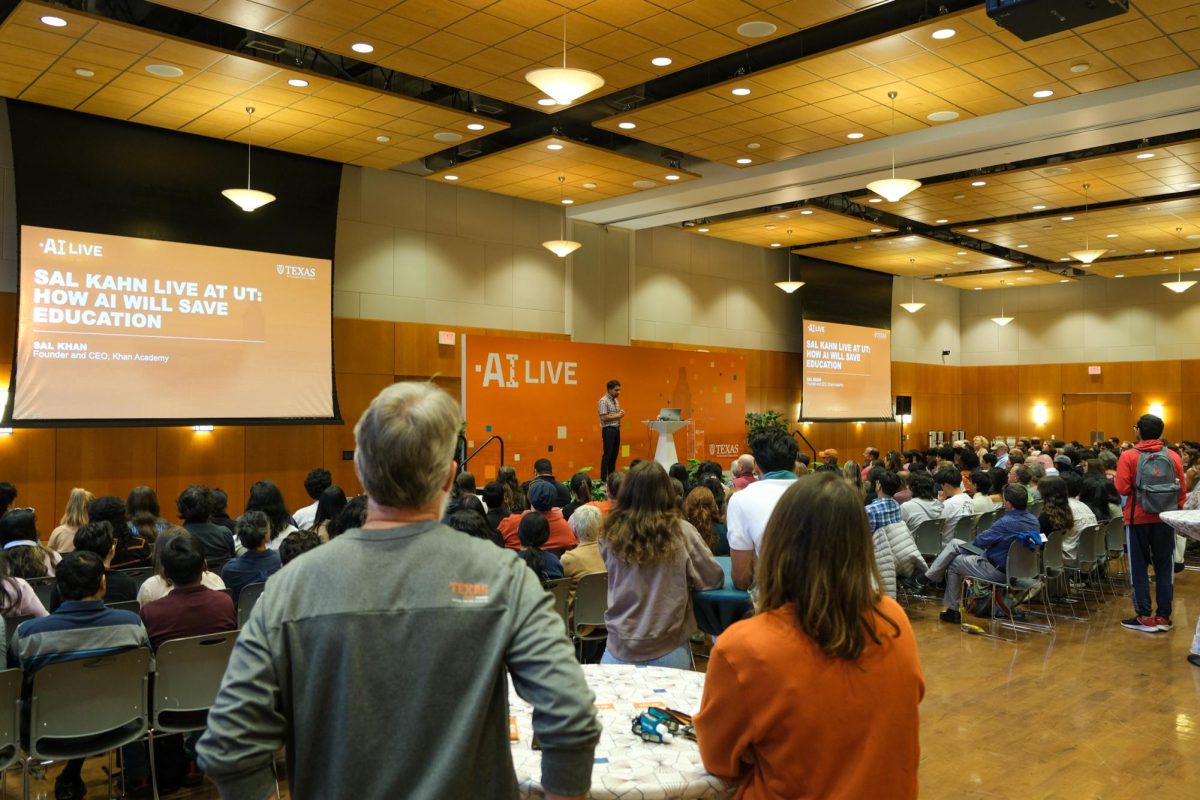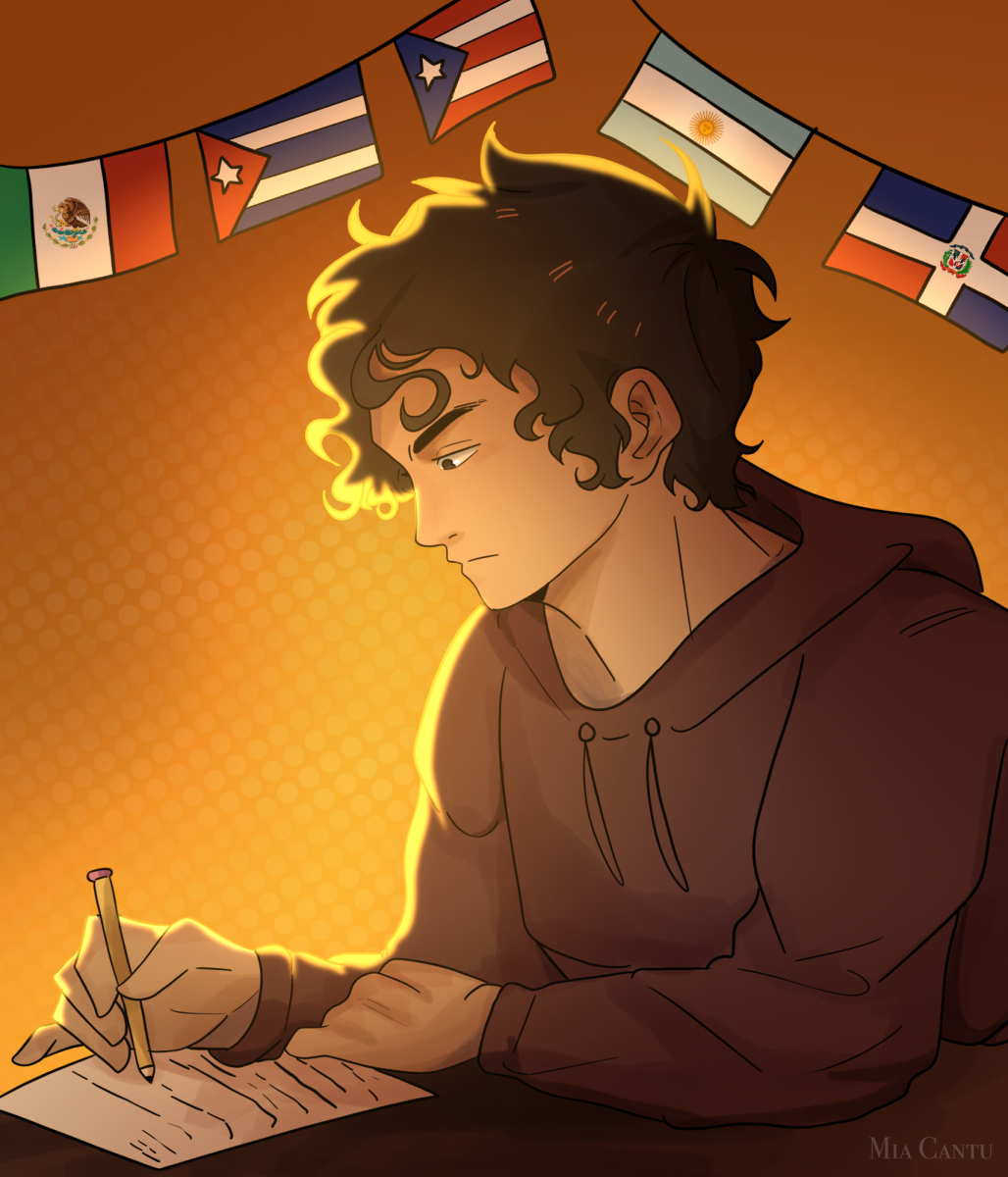For a new UT Police Department officer, the most unnerving task is stopping someone at a traffic stop, because the officer can never be certain how the driver will react.
“When I first started, it’s kind of nerve-wracking walking up to a car,” said UTPD officer Daniel Wechster, who is among the 12 recently hired recruits from the UT System Police Academy. “You don’t know who’s in the car or what’s in the car.”
Training officer Nathan Hish helps the recruits ease into the reality of law enforcement and guides them through the job’s initial anxieties, such as traffic stops. Wechster said after doing more traffic stops with the aid of Hish, he “felt a lot more comfortable” on the job.
“In the Academy you hear all the horror stories,” Hisch said. “You see the videos on Youtube and Facebook — you know, officers getting shot at traffic stops and things like that. It’s more controlled (in the Academy) than it is out in the real world … (but) we kind of push them a little bit to talk to people … to make these community contacts.”
After graduating from the police academy, Hish said the new officers are trained with a UTPD training officer for at least 16 weeks on campus and, similar to college students, must pass midterms and finals in order to begin working independently. In two weeks, the new officers will go through their first midterms.
“It’s just like you’re in school,” Hish said. “We test them and evaluate them to see what they learned. So, that’s kind of like their first milestone is to get past that midterm. If they’re not performing where our sergeants or lieutenants like, we have the opportunity to hold them back.”
Newly recruited officer Joseph Barnes said he wanted to work for UTPD straight out of the Academy. Growing up, Barnes would often visit campus to see his mother, who is the UT assistant director for integrative biology.
“I’ve been coming since I was little bitty, walking around and seeing everything,” Barnes said. “It’s kind of like a second home.”
The usual routine for UTPD officers is a 12-hour shift, either during the day or at night. Hisch said around the clock, there will always be eight to 12 officers on duty.
The addition of recruits has alleviated a heavy burden on the department, Hish said, especially because the officers are expected to patrol what Chief David Carter has described as “a medium-sized city.”
“This has been the first biggest increase in the numbers (of officers) in two years,” Hish said. “We can go to Guadalupe (Street). We can go into West Campus, walking down Rio Grande and 24th Street, so it’s changed that strategy to where we’re not restricted to campus boundaries.”
Wechster said students should not be afraid to ask for help, even for the small matters, because officers want to assist. Wechster said he felt pleased to help a student retrieve her keys when she dropped them in Waller Creek.
“There’s never an ordinary day on this job,” Wechster said. “We’re here to serve and protect, so if I can help somebody out and get them out of a predicament and on their way, that’s what we’re here for.”


















